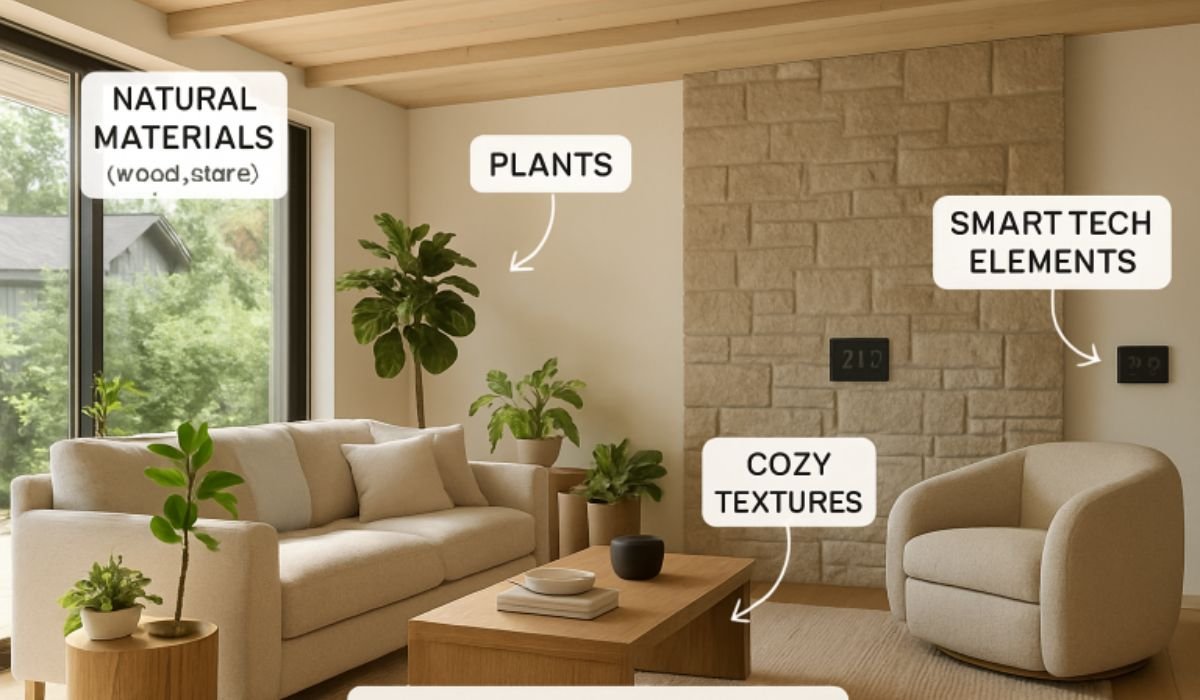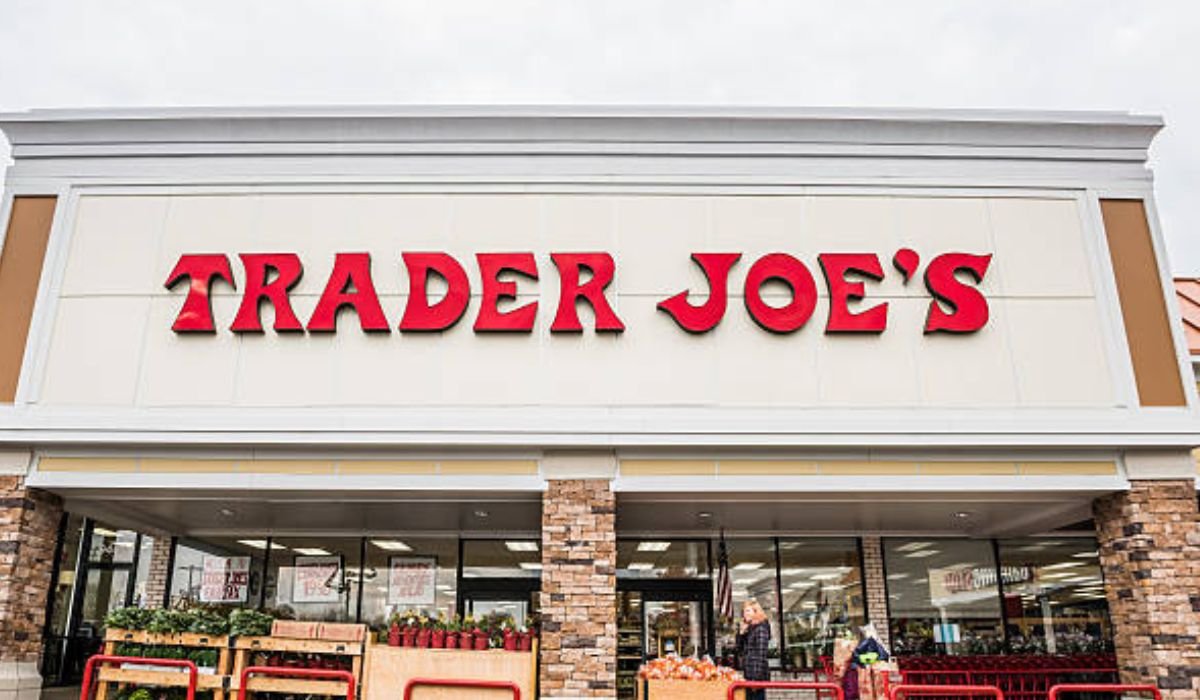You’ve found it. The perfect house. That charming bungalow in Asheville with the wrap-around porch, or that sleek, modern townhouse in Charlotte’s NoDa district. You’re mentally arranging furniture and picturing holiday dinners. It’s a powerful feeling.
But here’s a sobering thought: that dream home is hiding something. They all do.
It might be minor, like a faulty GFCI outlet. Or it could be a financial time bomb, like a cracked heat exchanger in the furnace or active termites silently feasting on the floor joists. The difference between a minor hiccup and a major catastrophe often comes down to one critical decision: the home inspector you choose.
In North Carolina’s dynamic real estate landscape, where bidding wars can feel like the norm, it’s tempting to cut corners. But skimping on the inspection is a gamble with six-figure stakes. This is where a name like Advantage Home Inspection NC consistently comes up. But are they just another inspection service, or do they offer a genuine advantage?
Let’s pull back the curtain. This isn’t just a review; it’s a deep dive into what makes a home inspection company not just good, but essential.
ALSO READ: Simple Upgrades That Transform the Look and Strength of Your Home
What Does a “Comprehensive” Home Inspection Actually Mean?
You see the word “comprehensive” on every inspector’s website. It’s the industry’s favorite buzzword. But in practice, it can mean anything from a 45-minute walkthrough with a flashlight to a four-hour forensic investigation.
A truly comprehensive inspection, the kind that firms like Advantage Home Inspection NC built their reputation on, is a systematic process. It’s not about just checking boxes; it’s about understanding the story the house is telling.
The Anatomy of a Top-Tier Home Inspection
A rigorous home inspection is a head-to-toe physical examination of the property’s major systems. Think of it as a doctor’s check-up for a building.
- The Foundation & Structure: This is the skeleton of your home. Inspectors look for cracks, signs of water intrusion, and any shifting that could signal major structural issues.
- The Roof & Attic: From the condition of the shingles to the quality of the ventilation in the attic, this is your first line of defense against the elements.
- Plumbing System: They’ll check water pressure, look for leaks, identify the type of pipes (hello, polybutylene?), and ensure your hot water heater isn’t on its last legs.
- Electrical System: This is a big one for safety. They’ll check the electrical panel for outdated or dangerous wiring, test outlets, and ensure GFCI protection is present where it’s needed (like bathrooms and kitchens).
- HVAC System: Regardless of the North Carolina weather—sweltering summer or chilly winter—your heating and cooling system needs to be efficient and, more importantly, safe.
- Appliances: They’ll run your dishwasher, check the stove, and ensure the built-in appliances are operational.
- Interior & Exterior: Walls, windows, doors, siding, grading… the list goes on. It’s about the entire envelope of the house.
But here’s the thing. A standard inspection is the baseline. The real value often comes from the additional, specialized services that target North Carolina-specific concerns.
Beyond the Basics: The Specialized Services That Uncover Hidden Dangers
Frankly, a standard inspection alone can sometimes miss critical, invisible threats. This is where a company that offers a full suite of add-on inspections separates itself from the pack.
Advantage Home Inspection NC, for instance, doesn’t just note that they offer these; they integrate them seamlessly into the process. The most common ones you should seriously consider are:
- Radon Gas Testing: Radon is a radioactive, odorless gas that is the second leading cause of lung cancer. It’s a naturally occurring gas that can seep into homes from the ground. Certain areas of NC have higher potential for radon, making this test non-negotiable.
- Termite & Pest Inspection: In our warm climate, wood-destroying insects like termites and carpenter ants are a constant threat. A licensed pest inspection can identify active infestations or past damage that could compromise the structure.
- Mold Inspection: Musty smell? History of water damage? A mold inspection can identify harmful spores lurking in your air or walls, which is crucial for your family’s health.
- Well & Septic Inspection: If your dream home is outside city limits, these systems are your responsibility. A specialized inspection is vital to avoid a $20,000 septic replacement surprise.
The Advantage Home Inspection NC Difference: It’s All in the Details
Okay, so we know what a good inspection covers. But what separates a competent inspector from an exceptional one? It boils down to three things: transparency, communication, and depth of reporting.
Let’s be honest, the home inspection industry has a reputation problem. You often don’t know what you’re paying for until the bill arrives, and the final report can be a confusing, 50-page PDF filled with technical jargon.
Straightforward Pricing: No Gotchas, No Guesswork
One of the most refreshing aspects of dealing with a professional outfit like Advantage Home Inspection NC is their commitment to transparent pricing. There’s nothing worse than getting a “starting at” quote online, only to be hit with a final bill that’s 50% higher because of “add-ons” you didn’t understand.
A reputable company will have a clear pricing structure on its website. You should know the cost of a standard inspection for a home of your size and age, and exactly what each additional service (radon, termite, etc.) will cost. This upfront honesty sets the tone for the entire relationship. It builds trust before they even step onto the property.
The Art of the Report: Your Blueprint for Negotiation
The inspection report is your single most important tool in the real estate transaction. It’s the document you’ll use to request repairs, negotiate credits, or, in the worst-case scenario, walk away from the deal.
A subpar report is a list of problems. A great report is a guidebook for your future home.
| Feature | The Standard Inspector Report | The Advantage-Style Report |
| Clarity | Technical jargon, abbreviated terms. | Plain English explanations anyone can understand. |
| Organization | A long list of defects, no prioritization. | Categorized by system (Roof, Electrical, etc.) and often color-coded by severity. |
| Media | A few dark, blurry photos. | Dozens of high-resolution, annotated photos and often video summaries. |
| Actionability | “Faulty wiring observed.” | “We observed aluminum branch wiring at the panel, which is a known fire hazard. We recommend evaluation and potential replacement by a licensed electrician.” |
| Purpose | To list deficiencies. | To educate and empower your decision-making. |
See the difference? One leaves you with more questions; the other gives you the answers you need to have a confident conversation with your real estate agent and the seller.
Who Exactly is a Home Inspection For? (Spoiler: It’s Not Just Buyers)
We automatically link home inspections with buying a home. And for good reason—it’s the most critical time for one. But they are a powerful tool for other key players in the real estate game.
- For Homebuyers: This is your due diligence. It’s your chance to uncover hidden issues and make an informed decision, potentially saving you tens of thousands of dollars.
- For Home Sellers (Pre-listing Inspection): This is a power move. By getting an inspection before you list, you identify problems upfront. You can then fix them or price the home accordingly. It prevents nasty surprises during the buyer’s inspection that could derail the sale. It signals to buyers that you are transparent and confident.
- For Real Estate Agents: A thorough, professional inspector makes your job easier. They provide clear, defensible reports that smooth negotiations and protect your clients, which in turn protects your reputation. Partnering with a trusted name like Advantage Home Inspection NC means one less variable to worry about in a complex transaction.
- For Homeowners: Even if you’re not selling, an inspection can be a fantastic maintenance planning tool. Think of it as a 10-year check-up for your biggest investment. It can help you prioritize repairs and budget for big-ticket items like a new roof or HVAC system before they become emergencies.
FAQS
1. How long does a full home inspection take?
For a typical single-family home, plan for 2 to 4 hours. A larger, older, or more complex property will understandably take longer. If an inspector promises to be in and out in an hour, consider that a major red flag.
2. Should I be present during the inspection?
Absolutely, 100% yes. This is your best opportunity to learn about the home. A good inspector will walk you through their findings, show you where the main water shut-off valve is, and explain how the systems work. It’s a live tutorial on your potential new home.
3. What if the inspection finds major problems?
Don’t panic. This is the entire point of the exercise. You have three main options: 1) Ask the seller to make the repairs, 2) Negotiate a lower sale price or a cash credit to cover the repairs yourself, or 3) If the issues are too severe, exercise your inspection contingency and walk away from the deal.
4. Is a new construction home exempt from inspections?
You’d be shocked. Even the best builders make mistakes. An independent inspector can catch issues like improper flashing, HVAC ducts that weren’t connected, or code violations that were overlooked. Getting a phase inspection (pre-drywall) and a final inspection is a brilliant move.
5. How much does a home inspection cost in North Carolina?
Prices vary by company, location, and home size, but you can generally expect to pay between $400-$600 for a standard inspection on an average home. Remember, specialized tests like radon or termite are additional. View this not as a cost, but as a critical investment in your financial future.
6. How do I verify an inspector’s credentials?
Look for licensed professionals (in NC, they must be licensed by the NC Home Inspector Licensure Board) and affiliations with organizations like InterNACHI (International Association of Certified Home Inspectors). These require ongoing education and adherence to a strict standard of practice.
7. What’s the single most important trait in a home inspector?
Beyond licenses and tools, it’s communication. You need an inspector who can not only find problems but can clearly explain their significance and the potential implications for you as a homeowner.
The Final Walk-Through: More Than Just a Report
Choosing the right home inspection service in North Carolina is one of the most consequential decisions you’ll make in your real estate journey. It’s the difference between buying a house with confidence and buying a mystery box of potential headaches.
A firm like Advantage Home Inspection NC represents a standard of professionalism that the entire industry should aspire to. It’s not just about having the right tools; it’s about having the right mindset. A mindset of education, transparency, and unwavering commitment to the client’s best interest.
In the end, the few hundred dollars you spend on a top-tier inspection is the cheapest insurance policy you’ll ever buy for a several-hundred-thousand-dollar asset. It buys you peace of mind. It buys you negotiating power. And most importantly, it ensures that the keys you get at closing open the door to your dream home, not a nightmare of unexpected repairs.
So, the next time you’re looking at a property in the Tar Heel State, what will your first move be?
YOU MAY ALSO LIKE: Beyond Floors: How Tekno-Step is Redefining Mexican Spaces










